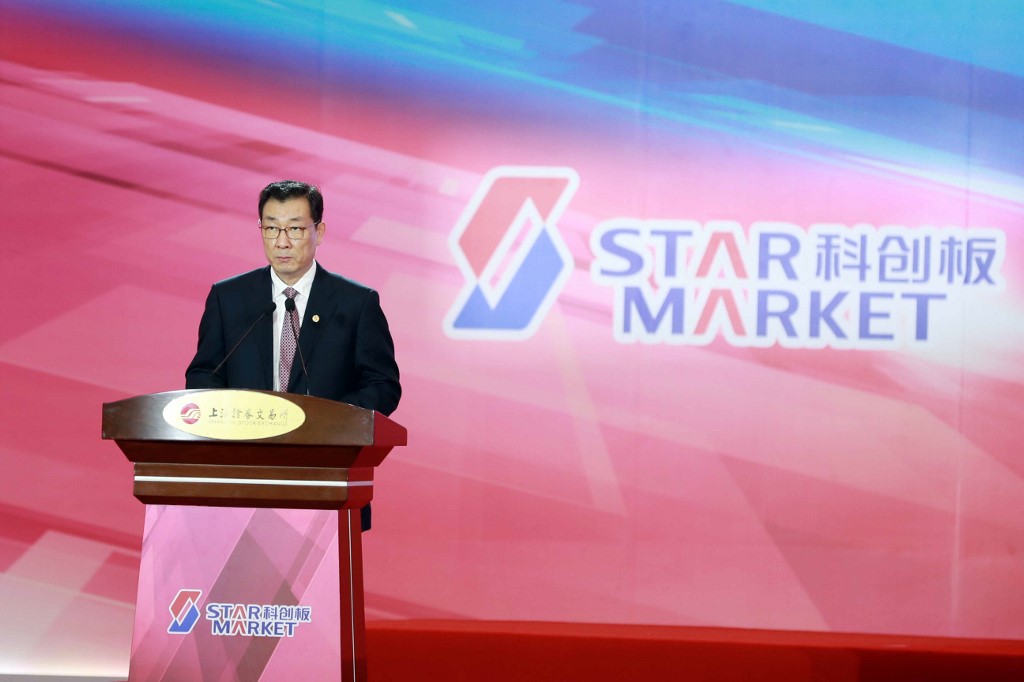(ATF) China formalised this month a better mechanism for dealing with domestic bond defaults, taking a step towards more sophisticated credit markets that can lure foreign investors.
But it has some distance to go before it can catch up with global peers.
In July, the People’s Bank of China, National Development and Reform Commission, and the China Securities Regulatory Commission jointly released a notice on improving the default settlement mechanism in the domestic market. This took effect from August 1.
“We believe regulators are likely to introduce more detailed and actionable regulations on this front,” said Chang Li, Director at S&P Global Ratings, told Asia Times Financial.
China’s Supreme Court released further minutes last month on resolving legal cases related to bond disputes.
Since 2014 when the first default took place in China’s domestic bond market, there have been more than 300 such missed payments from 110 companies, the rating agency said. But fewer than 100 have been resolved and this has been mainly done via out-of-court restructuring, in-court restructuring, delayed repayment and bankruptcy liquidation. Overall, the cash recovery rate of resolved defaulted bonds was around 40.3% and the average time to resolution was about 10 months.
READ MORE: China to issue 140bn yuan of bonds to make up green power deficit
Last year defaults in China’s onshore corporate bond market hit a record 142 billion yuan ($20.4bn), according to Moody’s.
Chang Li expects more debt restructuring cases in the next few years, especially in the form of exchange offers and cash tenders that are used frequently in the offshore market. He also foresees shortened times to recovery.
“Additionally, more state-owned-enterprises (SOEs) are likely to adopt these resolutions in the onshore market going forward, as we have already seen in the cases of Tewoo and QPIG in the offshore market.”
In November, Tewoo Group, a Chinese state-owned commodities trader became the first SOE to not pay offshore investors back in full since the 1998 bankruptcy of Guangdong International Trust & Investment.
State-owned Chinese aluminium maker Qinghai Provincial Investment Group missed a coupon payment on its $300 million bonds due 2021 in January, triggering defaults on three dollar-denominated bonds.
‘Major advancement’
Markets are enthused by this development at a time when domestic bond defaults this year have topped 74 billion yuan, up 6.6% year-on-year.
“This is a major advancement in terms of discourse and emphasis on default commitment but more is required,” said Société Générale strategist Kiyong Seong.
“For example, investors have to be assured there will be no holding back in terms of dissemination of information. There is a huge gap between the information available to offshore investors and onshore investors.”
He said they needed to improve the information availability for example in the context of ties between company founders and officials of the government, which he said was critical in assessing credit risk.
READ MORE: 18 words to save China’s recovery
It’s not just the regulations relating to the companies that need to change but also the overall cultural approach as well.
“Default situation skills need to be developed as the economy has been so good for so long that people have to learn to cope with the new environment,” said Ron Thompson, who leads consultancy firm Alvarez & Marsal’s Asia Restructuring Practice.
“The culture has to change when companies are facing debt difficulties. You have to let stakeholders know that things are not ok and creditors have to provide support, suppliers need to continue to supply and adjustments in managing the Company have to be made. .”
“This is a major advancement in terms of discourse and emphasis on default commitment but more is required.” Société Générale strategist Kiyong Seong
He said this will take them time to get used to since the economy has been healthy for so long.
“Situations like bankruptcies entail educating the public as there is wariness around the subject. Most people tend to think that bankruptcy is synonymous with liquidation, but restructuring through a bankruptcy process is a positive process for the Company to return to health again”
Overall, these moves are expected to improve the current low foreign participation in the onshore corporate credit market, S&P analysts said as the new policies are part of an initiative to attract more foreign investors and help build a more mature market onshore.
























